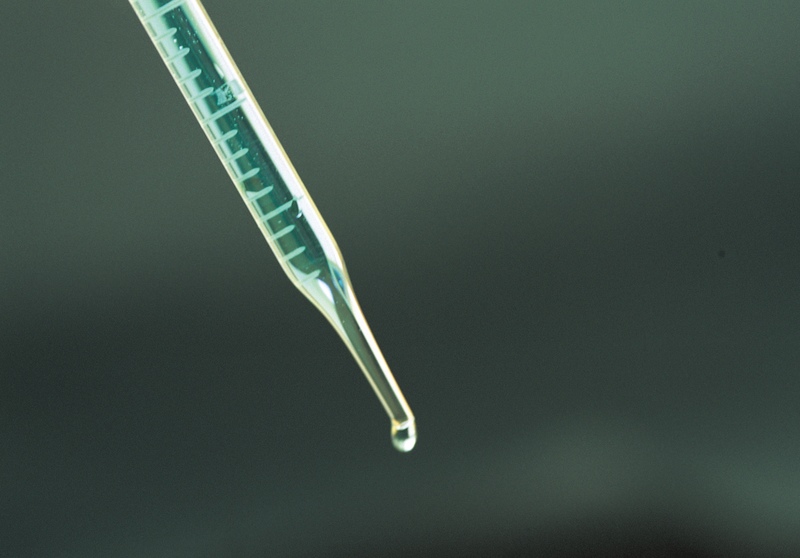
Here are some of the latest health and medical news developments, compiled by the editors of HealthDay:
Obesity Linked to Worsening of Prostate Cancer
Obese men with prostate cancer appear to have a higher risk of the cancer spreading, even after they’ve been treated with tumor-suppressing hormone therapy, a new study finds.
Researchers from Duke University in Durham, N.C., focused on 287 men who had undergone prostate removal surgery at one of five Veterans Affairs hospitals between 1988 and 2009. The tumors reappeared, at which point the patients also got androgen deprivation therapy, aimed at starving the tumor of testosterone, which helps fuel prostate cancer’s growth.
Reporting Sunday at the annual meeting of the American Urological Association in Washington, D.C., the research team found that men who were overweight had triple the odds of cancer progressing compared to normal-weight men, and the risk jumped five-fold in obese men. The weight-related increase in risk was similar when the researchers looked at tumors spreading to the bones.
It’s not clear why overweight or obese men fare so much worse, but “we think perhaps obese men may require additional androgen deprivation therapy,” study lead author Dr. Christopher J. Keto, a urologic fellow at Duke University Medical Center, said in a university news release. “The dose [for men with prostate cancer] is the same regardless of weight, while most drugs are dosed according to weight,” he pointed out.
—–
‘Fat Control’ Gene Inherited From Mothers: Study
A gene inherited from mothers may determine whether their children will be fat, a new study suggests.
Scientists assessed 850 twins and concluded that the KLF14 gene influences the behavior of other genes that play a role in insulin and glucose levels, body mass index, and cholesterol, Britain’s Daily Mirror reported.
Controlling the gene may lead to new ways to treat obesity, heart disease and diabetes, the researchers said.
“We are working hard right now to understand how we can use this information to improve treatment of these conditions,” study co-leader Professor Mark McCarthy of Oxford University told the Mirror.
The study appears in the journal Nature Genetics.
—–
Study Outlines Shorter TB Treatment
A combination of pills can treat tuberculosis patients who aren’t infectious in just three months instead of nine, which makes it much more likely that they’ll complete their treatment, a new study says.
The U.S. Centers for Disease Control and Prevention study was presented Monday at the American Thoracic Society International Conference in Denver.
About 82 percent of the people in the three-month group completed the full treatment, compared to just 69 percent on the nine-month regimen, the Associated Press said.
Only seven cases of TB disease developed in people on the three-month treatment, compared with 15 in the standard group, the news services said.
The CDC says more than 11 million Americans have latent TB, which means they’re infected with the TB bacteria but aren’t infectious and don’t have symptoms, the AP reported.
—–
Setback for Skin-Derived Stem Cells
A new study says stem cells made from a patient’s skin cells might be rejected by the patient’s immune system, an unexpected setback for what had been seen as a promising way to treat a wide variety of diseases.
These types of stem cells, called induced pluripotent stem cells (iPS cells), were first created in 2007 and caused a sensation because it was believed they had two major advantages over embryonic stem cells — they didn’t require the destruction of human embryos and they presumably would not be rejected by a patient’s immune system, The New York Times reported.
But this University of California, San Diego study published online in the journal Nature was the first to test the belief that iPS cells would be accepted by the patient’s immune system. The results surprised stem cell scientists.
The finding “happened to be a particularly startling result that I wasn’t anticipating,” Dr. George Q. Daley, director of the stem cell transplantation program at Children’s Hospital Boston, told the Times.
“As with any new technology, there is always this initial phase of infatuation, and then the reality sets in,” Daley said. “I think it goes to the heart of the issue of how ignorant we really are in understanding these cells.”
While the study was conducted in mice, some scientists believe the results would hold true for humans, the Times reported.

